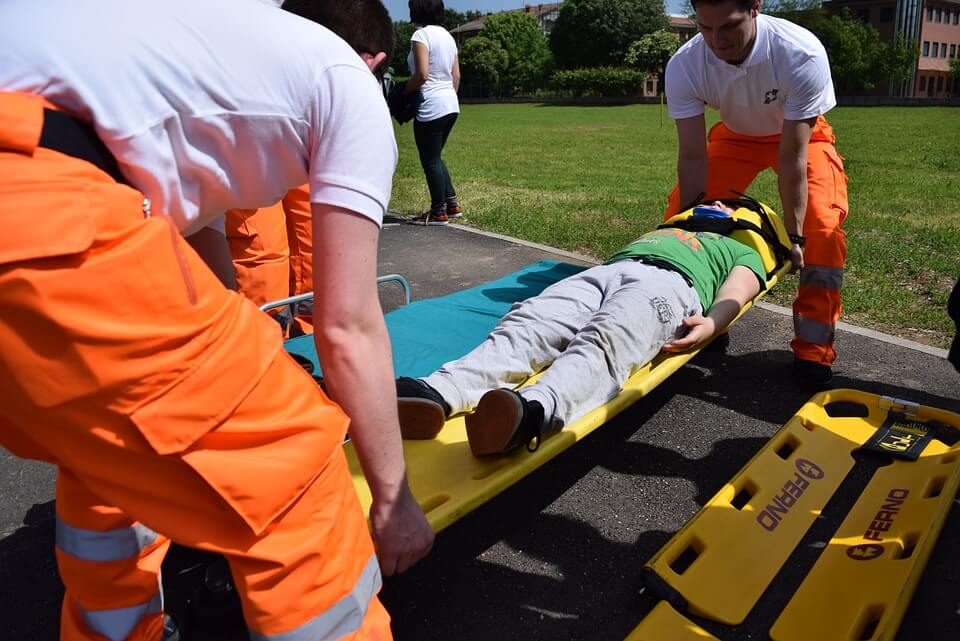
WV Supreme Court Allows PPD Award Reduction in Workers Compesation Appeal
Last month, the Supreme Court of Appeals of West Virginia (WV) issued an exciting new memorandum decision in an appeal from a permanent partial disability (PPD) award. In summary, the WV Office of Judges issued a PPD award reduction after a claimant appealed from the decision of the claims administrator, dropping the PPD award from 4% to 1%.

Who Needs Medical Power of Attorney in WV
Most people don’t want to think about what will happen to them if they are in an accident or become very ill and incapacitated. Unfortunately, not preparing for such unthinkable situations can lead to untimely medical care and more stress than necessary on loved ones. Whether you live in West Virginia (WV), Kentucky (KY), or Ohio (OH), having a medical power of attorney (MPOA) in place can help alleviate such a tragic situation.

Can an Inmate Get Workers Compensation in WV?
Can an inmate get workers’ compensation if he or she is injured while on work release? In West Virginia (WV), as in most states, the typical legal answer applies: It depends. In fact, the WV Supreme Court of Appeals has specifically addressed the compensability of an inmate workers' compensation claim for a work release prisoner who was performing work for a state agency when he was injured. The case is Crawford v. West Virginia Department of Corrections. This case is important because it clarifies the rules that apply to inmate workers’ comp claims in the Mountain State, but the issues it raises might be argued in any state in the U.S.

Do You Need a Digital Property Estate Plan?
While there have been some rumblings about handling digital assets in the probate process in West Virginia, there has been no legislation enacted to give specific guidance. Do you need a digital property estate plan? And what is digital property anyway?

Can I Change My West Virginia Irrevocable Trust?
A trust is a common tool used to manage or pass on a person's assets. In West Virginia, as elsewhere, trusts are used for a variety of purposes, such as tax planning, providing financial security for one or more trust beneficiaries, or donating to a charity; however, not all trusts are the same. The purpose or type of a trust—particularly a West Virginia irrevocable trust— may determine who can be a beneficiary or even whether it can be changed after it is created.

